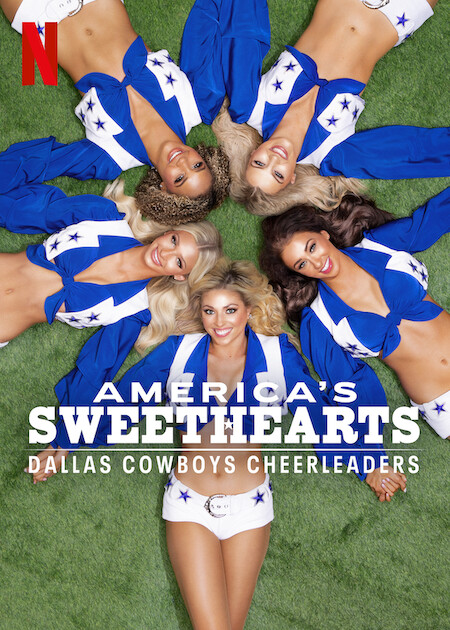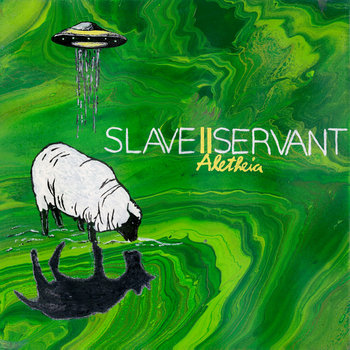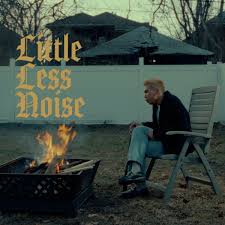Since when did “like a girl” become an insult?
April 2, 2018
Smothered in a sea of testosterone, somewhere between salaciously, sultry, half-clothed, stereotypical women selling everything from GoDaddy to beer to Hardees burgers came an estrogenic emanated epiphany tearing through the hyper-masculinized tradition of Super Bowl commercials.
In 2015, the brand Always, producer of feminine hygiene products, launched an advertising campaign to challenge the misogynistic social conditioning that is debilitating confidence in adolescent girls and giving them a warped value of self-worth.
They explored this subtle sexism by asking teenage girls and boys of varying ages to act out their interpretation of both “running like a girl” and “throwing like a girl.” The participants depicted humorous feminine actions of clumsiness, weakness and worrying about their hair and outfits.
Then they asked pre-teen girls to do the same, and they displayed actions of maximum effort and extreme confidence.
The advertisement questioned, “When did doing something “like a girl” become an insult?”
It followed, “a girl’s confidence plummets during puberty.” Always’ campaign explained, girls are especially vulnerable to the harm of negative cultural conditioning between the ages of 10-12. When young impressionable girls hear the negative connotation of, “like a girl,” they, “internalize the phrase to mean weakness and vanity.”
Always finished with the challenge, “Let’s make #LIKEAGIRL mean amazing things.” The advertisement’s legacy lives on to change the derogatory nature of the every-day phrase, and transform the insult into a positive statement of female empowerment.
Always’ campaign brings to life the misogyny inherent in the social conditioning embedded in our colloquial phrases and every-day language. Whether intentional or unintentional, the hierarchal-constructed patriarchy weaponizes such language to effeminate the weaker sex and maintain the hierarchy’s power status-quo.
A common turn of phrase, “like a girl,” evokes connotations to previously conditioned minds of feeble, delicate and clumsy mannerisms.
Similar harmful language such as telling a girl to smile or not to worry her pretty little head, trains her impressionable mind to believe her physical appearance is the most valuable asset she possess. The power of her intellect and individuality comes second to her beauty.
Telling girls to, “quit acting bossy,” conditions them to believe they are not to be taken seriously and power is reserved for the stronger male sex.
Telling a girl to “sit like a lady,” or calling her a tomboy or butch, conditions her to suppress her individuality and conform to a stereotypical male-driven image of the ideal woman. Dictating the way she dresses, the makeup she wears, how she behaves and talks – all behaviour is socially constructed to support the dominating male-gaze.
Older girls also become complicit in further debilitating young girls’ self-impressions by saying things such as, “I’m not like the other girls,” and “girls are so much drama.” By defining in solidity the expectations of their gender, no fluidity is allowed to foster the growth of the individual.
The malicious intent often unknowingly displayed through such language, serves to degrade women into inferiority and enforce a position of subservience to man.
Such language can be observed in the way older people address and greet younger children. For boys it’s always questions pertaining to sports, and muscles, and toughness to celebrate the strength in masculinity. For girls, the conversation always gravitates towards compliments of the prettiness of their appearance or their outfit.
Unknowingly, we reinforce the cultural gendered stereotypes teaching children that deviance from the expected gendered norms shall not be tolerated. These children conform and change their ambitions to fit in, further propagating a polarity and division of equality between the sexes.
Harmful to both genders, a polarization is driven between the sexes by training boys to always act tough and training girls to always look pretty. Pressure from the influence of elders subjugate the adolescents’ individuality into shallow molds of conformity.
Both lead to a grotesque distortion of humanity.
Without recognition, girls’ self-expectations of how to think or what they are capable of achieving, become defined by the opposite sex. And boys succumb to a hyper-masculinized reality devoid of the weaker feminine emotions of empathy and compassion. Boys are socially-conditioned to persecute weakness at all costs. However, without empathy and compassion, they grow up lacking respect for the other half of society.
Manhood and womanhood become distorted leading to a dysfunction of human progression and compatibility. It leads to a complacency of the species, and the inevitability of one gender claiming superiority over the other.
The constant fear of being ostracized for deviation of the socially conditioned gendered norms becomes the primary motive for human action. When the harmful oppression inherent in such derogatory language becomes seen as commonplace, a dangerous indifference washes over the sexes.
Such indifference fosters further complacency and deforms and prohibits the growth of the individual.
The only way to defeat the prohibition of healthy maturing is to dismantle the hidden mechanisms propagating the illusion of superiority.
These actions will engender the freedom and benevolent symbiosis imbued in the doctrine of gender equality.
In changing the dangerous connotations behind such caustic language, we can drive the fear and unnatural imbalance out of the minds of adolescents and instead teach them to celebrate individuality.
We can take the very weapons used to cripple their growth and transform them into celebrations of gender and individual empowerment.
















